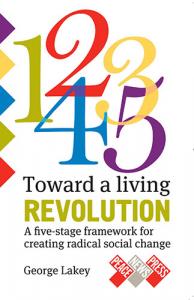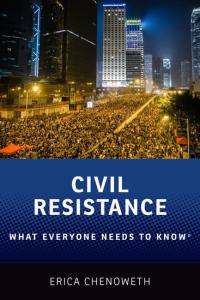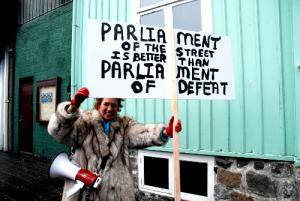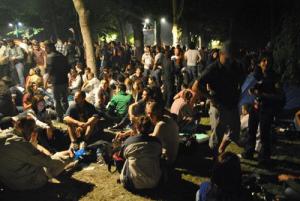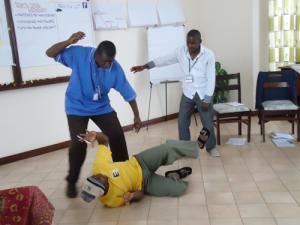In May 1944, the little Central American country of El Salvador electrified all students of Latin American affairs when it staged a revolutionary strike by nonviolent means and won a great popular victory.
For five months, the press and people enjoyed freedom and were apparently on the road to democratic politics. But, as observers (myself included) pointed out at the time, nonviolent methods require deep understanding and firm experience for consistent victories and cannot be…



